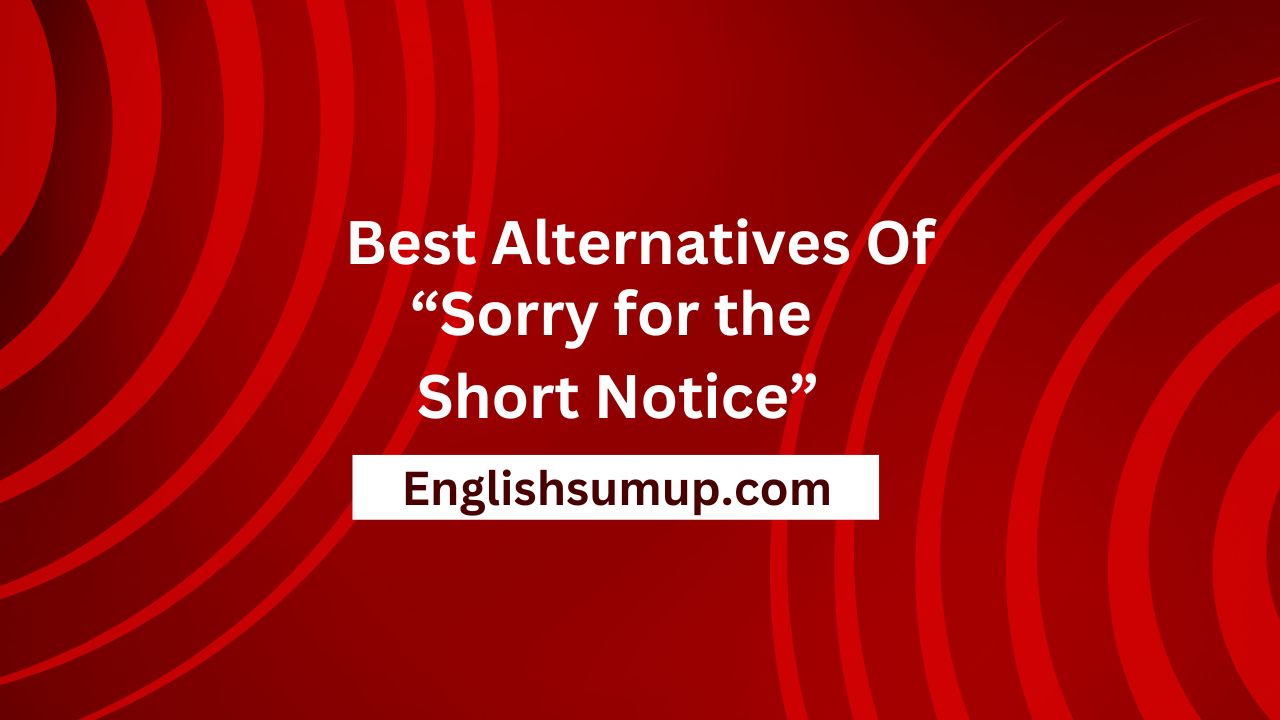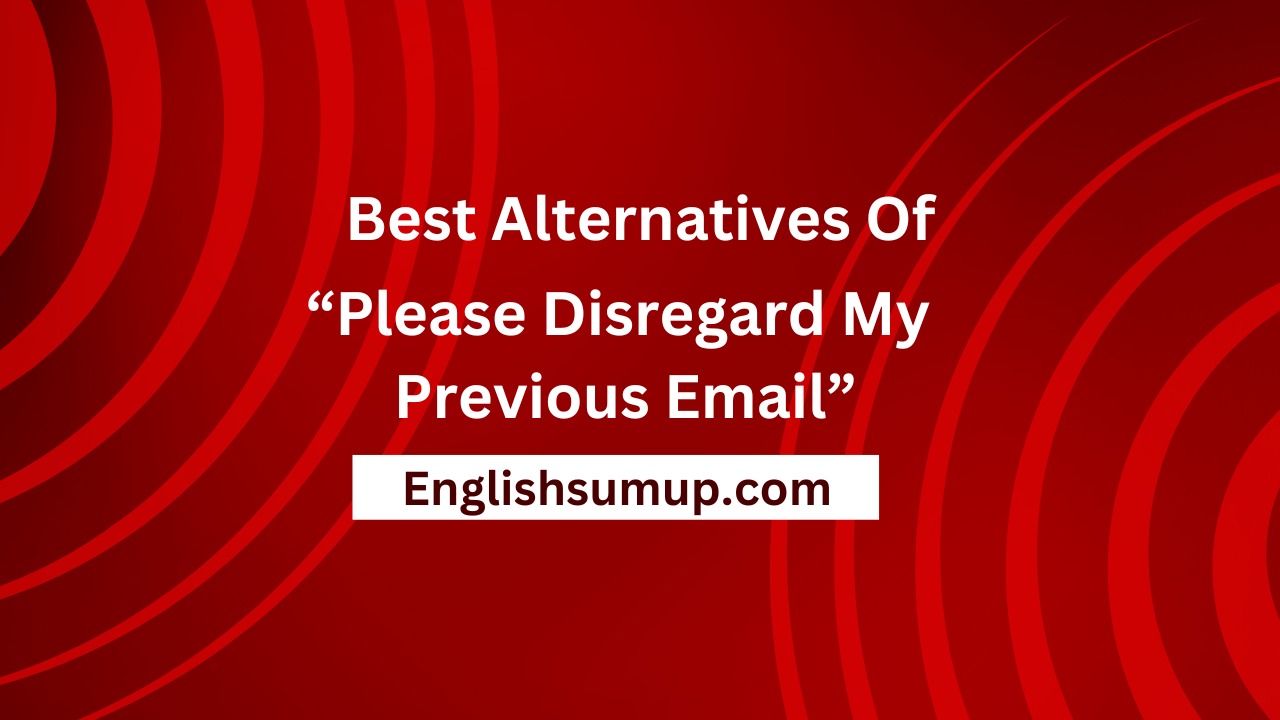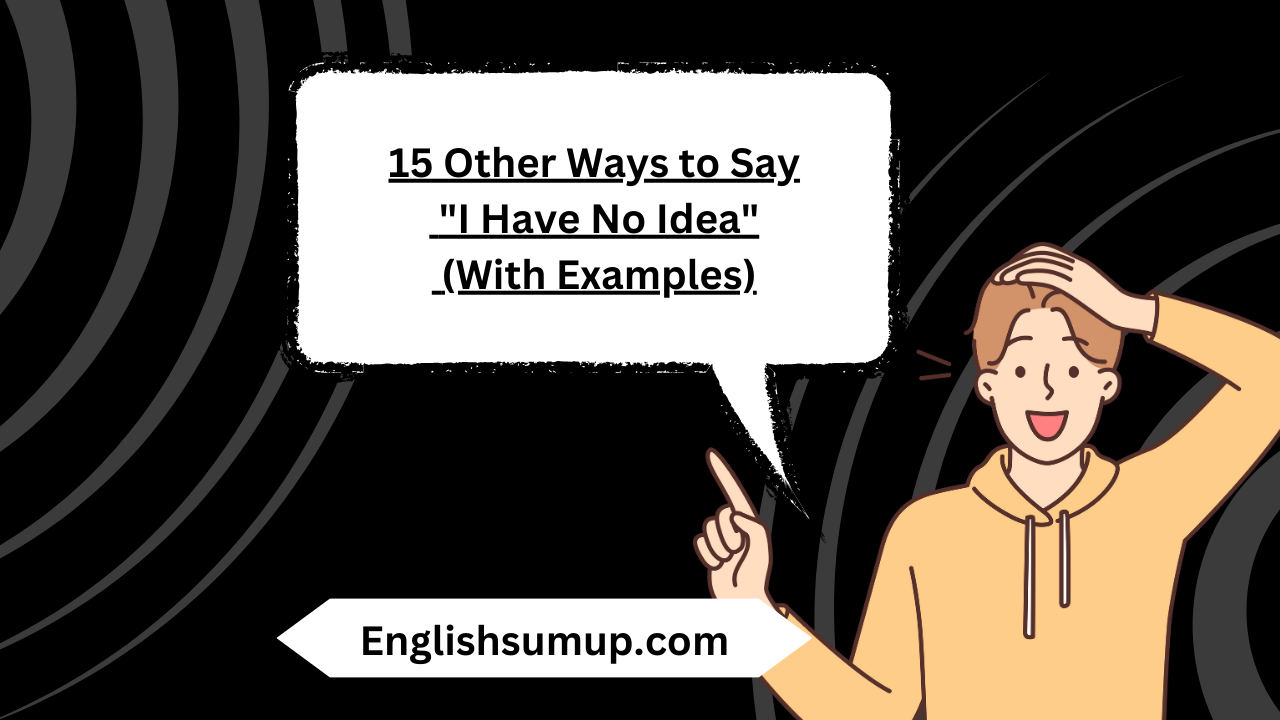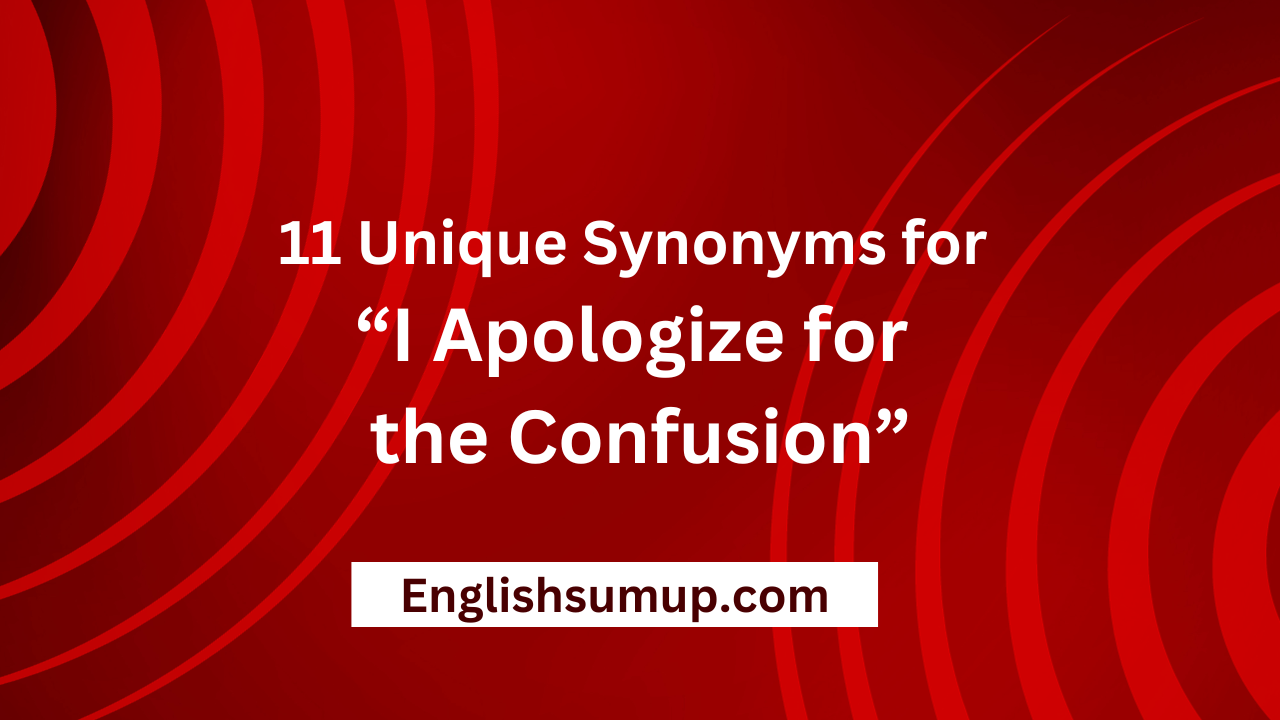Striving for continuous improvement is a hallmark of professionalism, and one effective avenue for growth is soliciting feedback on your work. However, the question arises: Is the phrase “let me know what you think” sufficiently professional when seeking feedback in a work setting?
In this comprehensive guide, we will delve into this inquiry. Furthermore, we will present 11 alternative and professional ways to request feedback in a workplace environment.
Is this professional to say “Let me know what you think”
The phrase “Let me know what you think” is a common and straightforward way to solicit feedback in both professional and casual settings. While it is a casual and friendly expression, its suitability in a professional context might be subject to scrutiny.
Pros:
Informal Tone: The phrase carries a conversational and approachable tone, making it well-suited for interactions with colleagues and team members.
Open-Ended: Its open-ended nature invites varied responses, allowing individuals to provide feedback in their preferred manner.
Ease of Use: It is a simple and widely understood expression, making it easy to incorporate into various communication scenarios.
Cons:
Informality Concerns: In formal or hierarchical work environments, the phrase might be perceived as too casual, potentially undermining the gravity of the request.
Lack of Specificity: The broad nature of the request might lead to vague or generic feedback, hindering the recipient’s ability to gain detailed insights for improvement.
Assumed Willingness: While the phrase invites feedback, it assumes that the recipient is willing and available to provide it, potentially overlooking their time constraints or priorities.
In summary, while “Let me know what you think” has its merits in fostering open communication, its informal nature might not align with the expectations of more formal work environments.
When seeking feedback, it’s crucial to consider the professional context and the specific dynamics of the relationship to ensure an appropriate and constructive exchange.
11 Alternative Ways to Say “Let Me Know What You Think”
- “I welcome your insights on this matter.”
- “Your suggestions would be highly valued.”
- “May I seek your feedback on the presented material?”
- “Your professional thoughts on this are important to us.”
- “I invite your considered opinion on the following.”
- “Could you share your perspective on this issue?”
- “Your expertise would greatly contribute to refining this.”
- “I am open to any constructive feedback you may offer.”
- “We appreciate your input and would like to hear your thoughts.”
- “Your valuable thoughts on this are eagerly awaited.”
- “Feel free to provide your insights and suggestions.”
“I welcome your insights on this matter.”
This phrase emphasizes the value of the recipient’s insights and expresses a genuine openness to receive feedback on the specific subject at hand. Isn’t this better than “Let Me Know What You Think”?.
Sub: Seeking Your Valuable Insights
Dear John,
I hope this message finds you well. I am currently working on (project/task), and I would welcome your insights on this matter. Your expertise is highly valued, and your feedback would be instrumental in refining our approach.
Best regards,
Devon
“Your suggestions would be highly valued.”
This straightforward request acknowledges the importance of the recipient’s suggestions, indicating a high level of regard for their input. Isn’t this better than “Let Me Know What You Think”?.
Sub: Request for Your Valuable Suggestions
Dear John,
I trust this email finds you in good spirits. Your suggestions would be highly valued as I navigate (project/task). Your input will undoubtedly contribute to its success.
Sincerely,
Devon
“May I seek your feedback on the presented material?”
This formal request seeks permission to obtain feedback, demonstrating a respectful approach while indicating a desire for input on the presented material. Isn’t this better than “Let Me Know What You Think”?.
Sub: Request for Your Feedback
Dear John,
I trust you are well. May I seek your feedback on the presented material? Your input is crucial as we strive to enhance (project/task).
Best wishes,
Devon
“Your professional thoughts on this are important to us.”
This expression highlights the professionalism of the recipient’s thoughts and underscores the significance of their input to the sender. Isn’t this better than “Let Me Know What You Think”?.
Sub: Seeking Your Professional Thoughts
Dear John,
I hope this message finds you in good health. Your professional thoughts on (topic) are important to us. We believe your insights will contribute significantly to our approach.
Regards,
Devon
“I invite your considered opinion on the following.”
This phrase invites the recipient to share a well-thought-out opinion, emphasizing the desire for carefully considered feedback. Isn’t this better than “Let Me Know What You Think”?.
Sub: Invitation for Your Considered Opinion
Dear John,
I hope you are well. I am seeking your considered opinion on the following matters. Your insights will play a key role in shaping our strategy.
Best regards,
Devon
“Could you share your perspective on this issue?”
By using the word “perspective,” this request seeks the recipient’s unique viewpoint, encouraging them to share insights on the specified issue. Isn’t this better than “Let Me Know What You Think”?.
Sub: Request for Your Perspective
Dear John,
I trust this email finds you well. Could you share your perspective on the current issue? Your insights will be instrumental in guiding our decision-making.
Sincerely,
Devon
“Your expertise would greatly contribute to refining this.”
This expression recognizes the recipient’s expertise and directly connects it to the process of refining a particular aspect, indicating the value of their contribution. Isn’t this better than “Let Me Know What You Think”?.
Sub: Request for Your Expertise
Dear John,
I hope this message reaches you at a good time. Your expertise would greatly contribute to refining (specific aspect). Your feedback is essential to our improvement efforts.
Regards,
Devon
“I am open to any constructive feedback you may offer.”
This phrase communicates a willingness to receive constructive feedback, fostering an environment where the recipient feels encouraged to provide honest input. Isn’t this better than “Let Me Know What You Think”?.
Sub: Open to Your Constructive Feedback
Dear John,
I trust you are doing well. I am currently working on (project/task) and am open to any constructive feedback you may offer. Your insights are crucial to our continuous improvement.
Best wishes,
Devon
“We appreciate your input and would like to hear your thoughts.”
This expression combines appreciation with an explicit request for thoughts, creating a positive tone while actively seeking the recipient’s input. Isn’t this better than “Let Me Know What You Think”?.
Sub: Appreciation for Your Input; Request for Your Thoughts
Dear John,
I hope this email finds you in good health. We appreciate your input thus far and would like to hear your thoughts on (topic). Your contribution is invaluable to us.
Regards,
Devon
“Your valuable thoughts on this are eagerly awaited.”
By describing the thoughts as “valuable” and expressing eagerness, this phrase conveys a high level of anticipation for the recipient’s input. Isn’t this better than “Let Me Know What You Think”?.
Sub: Eagerly Awaiting Your Valuable Thoughts
Dear John,
I trust you are having a productive day. Your valuable thoughts on (topic) are eagerly awaited. We believe your insights will significantly impact our decision-making.
Sincerely,
Devon
“Feel free to provide your insights and suggestions.”
This phrase creates an open and welcoming atmosphere, inviting the recipient to freely share their insights and suggestions without hesitation. Isn’t this better than “Let Me Know What You Think”?.
Sub: Invitation for Your Insights and Suggestions
Dear John,
I hope this email finds you well. Feel free to provide your insights and suggestions on (topic). Your input is vital to our collaborative efforts.
Best regards,
Devon
Conclusion:
In conclusion, effective communication within a professional setting demands a nuanced approach, especially when soliciting feedback. While the conventional phrase “Let me know what you think” remains a valid and widely used option, the diverse alternatives presented here offer professionals a spectrum of choices to navigate the intricacies of seeking input in a more refined manner.
“Let me know what you think” serves as a versatile and inclusive invitation for feedback, fostering open communication. However, recognizing the potential limitations, the alternatives explored in this guide provide professionals with the tools to tailor their requests based on the formality of the setting, the relationship dynamics, and the specific nuances of the subject matter.
As professionals seek ways to enhance their communication skills, incorporating phrases such as “I welcome your insights on this matter” or “Your suggestions would be highly valued” showcases a proactive and considerate approach to feedback solicitation. These alternatives not only add variety to language but also contribute to creating an environment where diverse perspectives are actively sought and respected.
Whether opting for the directness of “May I seek your feedback on the presented material?” or the encouragement of “Feel free to provide your insights and suggestions,” the art of communication lies in selecting the most fitting expression for each unique circumstance. By embracing this array of choices, professionals empower themselves to foster more meaningful and effective dialogues in the workplace.










